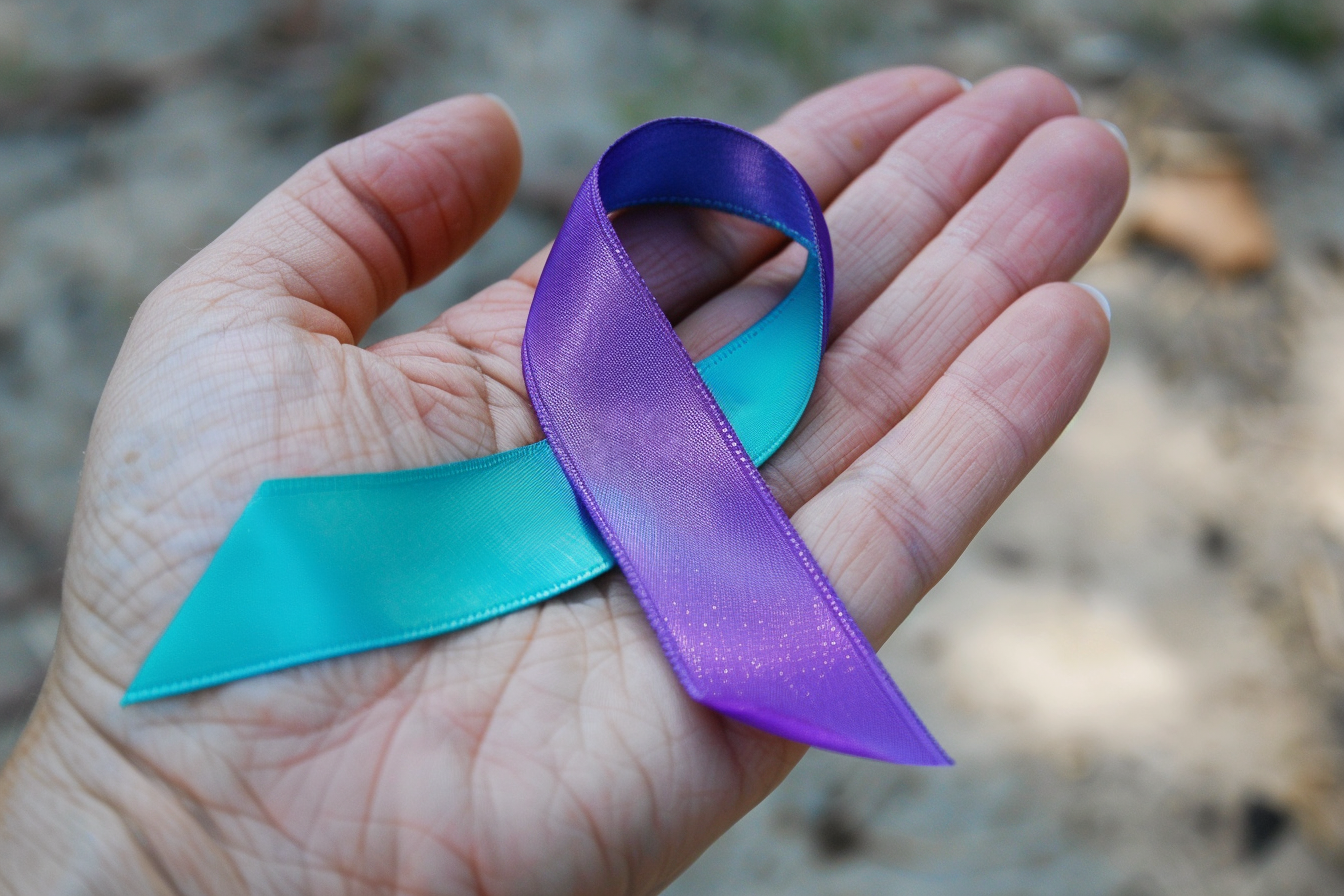Once again, it’s September and National Suicide Prevention Month. Each year, we talk about suicide prevention because of the debilitating impact it has on those we serve, as well as our own families. Suicide can happen in any family, regardless of race, religion, socioeconomic status, etc.
Although Saint Francis’ Outpatient Behavioral Health program doesn’t directly deal with suicide ideation and prevention, it does address substance use that can lead to suicidal attempts through overdose.
Saint Francis has provided substance use treatment through our Outpatient Clinic since 1995. The clinic offers in-person and virtual individual counseling, medication management, and substance use treatment from its Salina site.
According to SFM Behavioral Health Director Susan Montague, recent studies focusing on opioid misuse have observed a heightened risk of suicide mortality among patients with a substance use disorder.
The National Institute of Mental Health estimates that approximately 5.2 percent of U.S. adults experienced suicidal thoughts, and about .6 percent attempted suicide in 2022.
“Some are serious attempts, with the intent to die,” said Montague. “Others are non-fatal attempts. In the past, individuals who used opioids to manage their suicidal thoughts and who ended their lives had a history of addiction. Those deaths were more likely to be classified as an overdose rather than a suicide.”
According to the National Institute on Drug Abuse, about 15,000 people died from opioid overdose in 2022. Fentanyl involvement in fatalities that also involved prescription opioid drugs has steadily increased since 2014. Like suicide, substance use and addiction can occur in any family, regardless of socioeconomic status.
“People in pain, either emotionally or physically, are at increased risk for using opioids to manage their pain,” said Montague. “Without treatment that uses a harm reduction model, such as counseling with buprenorphine, it can be difficult for clients to manage their pain without a legal or illicit substance. Recovery becomes more difficult when expected to quit without the right support.”
Saint Francis’ Behavioral Health, Residential, and other programs can help people overcome substance use disorders that put them more at risk for suicidal thoughts and actions. Each of us can also contribute to suicide prevention by looking out for those we serve at work and those we love at home.
Protective factors that can protect others from risk include:
- Effective behavioral health care
- Connectedness to individuals, family, community, and social institutions
- Life skills (including problem-solving skills and coping skills, ability to adapt to change)
- Self-esteem and a sense of purpose or meaning in life
- Cultural, religious, or personal beliefs that discourage suicide
Source: https://www.sprc.org/about-suicide/risk-protective-factors
As you can see, some of those protective factors are identical to some SFM programs and services. Saint Francis Behavioral Health programs, along with In-Home Prevention and Independent Living services, already provide protective factors. Even our ethos supports those factors by emphasizing human dignity, redemption, relationship, grace, and hope.
So, this month, it behooves us to learn as much as we can about both the risk factors and protective factors of suicide.
An excellent place to start is the Suicide Prevention Resource Center.
In the meantime, listen for statements about self-harm. If you hear it, seek help immediately. SFM has resources for a client in crisis. Additionally, the National Suicide Prevention Lifeline number is 988 and offers 24/7, accessible, and confidential support for persons in distress and crisis





